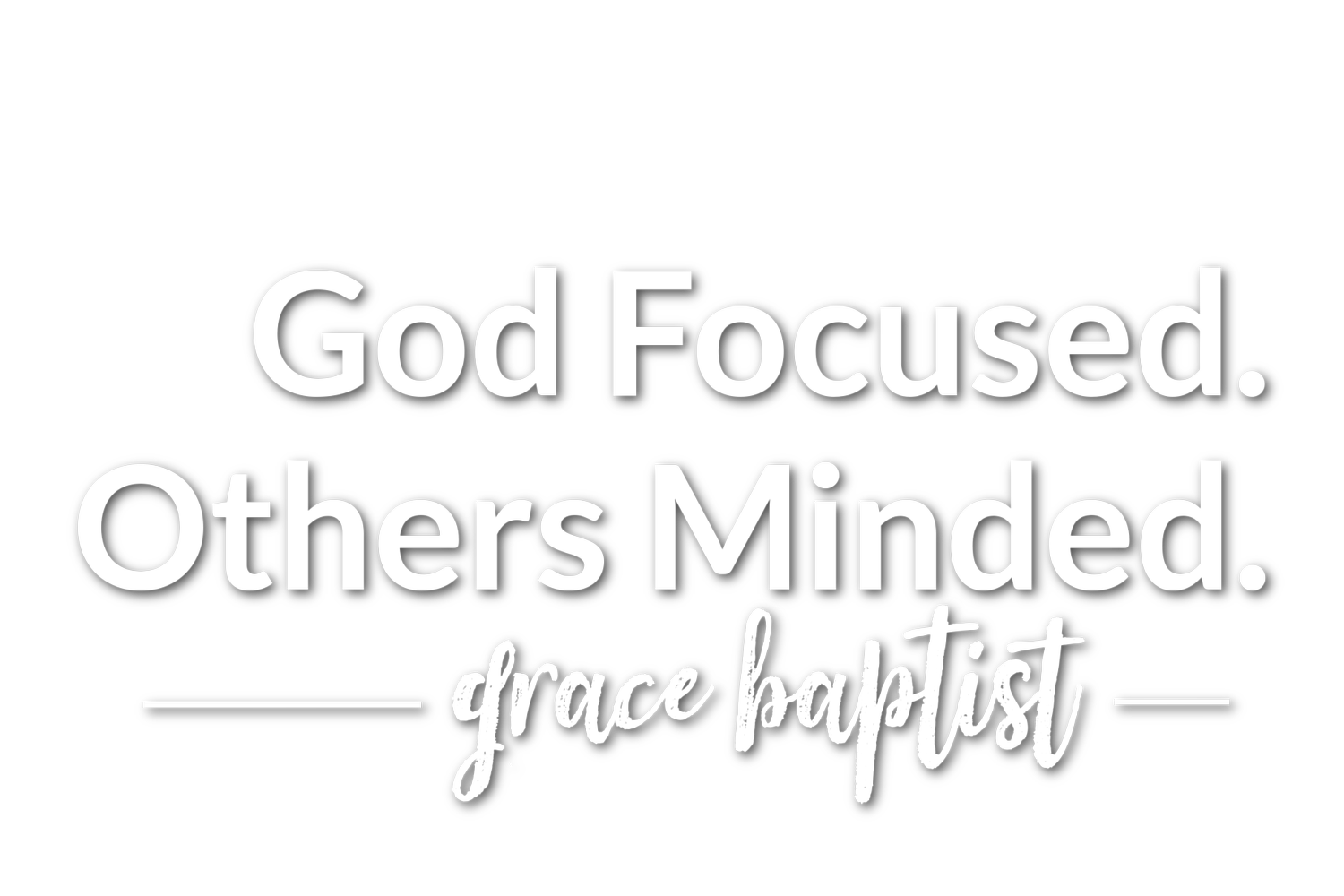In the 1950’s a psychologist and a psychiatrist believed that one’s environment was the cause of crime. So, they undertook a 17-year study, using 250 inmates from the District of Columbia, and they endured thousands of hours of clinical testing. Although you and I may not be shocked, the psychologist and the psychiatrist were astonished to find that “personal wrong moral choices” were actually found at the core of the cause of crime. They even published their findings in 1977 with the conclusion that the solution to crime is a “conversion of the wrong doer to a more responsible lifestyle.” In 1987, a Harvard professor echoed their findings, but added, “Crime is a lack of proper moral training among young people during the morally formative years, particularly ages one to six.” (Source: Christianity Today, August 16, 1993)
The choices we allow even our young children to make have far-reaching consequences! We know we cannot allow a child to stick their fingers in an electrical outlet or put their hand on a red-hot stove. However, do we have the same urgency for our child’s choices when they are mouthing off, using profanity, disrespecting a police officer/teacher/ourselves, or damaging another’s property? What about the adults? How do we view choices like: worshipping God with the church family, abstaining from immorality (pornography included), hearing someone tell a dirty joke, disrespecting the boss/co-workers, or taking God’s name in vain? Church, these things bring misery and bondage! We must live life choosing God first! Let’s consider how the apostle Paul chose God first from a less than comfortable position.
A Life-or-Death Conflict (1:21-26)
Paul just gave an update on his current situation in prison in the previous verses, Philippians 1:12-20. His report was basically upbeat and positive:
he wasn’t feeling sorry for himself or embracing bitterness,
he cleared up any misconceptions, and
he revealed that his testimony was known throughout the palace and in all other places!
The gospel was spreading! This was great news, to be sure; however, he also addresses the obvious possibility of martyrdom. Paul believed that both life and death has everything to do with glorifying Christ (Phil. 1:21). Glorifying God was Paul’s chief pursuit. Paul was comforted time and again by choosing God over everything else. Paul chose God over pain (whipped and stoned). Paul chose God over fear (shipwreck & angry mobs). Paul chose God over friendships (Barnabas). Paul chose God over acceptance and approval (his former coworkers, the religious leaders, rejected him).
When picking teams on the playground, one kid was usually chosen first. Why? Because he was believed to be the best player in that sport! When we are picking the team that we will play on in life, are we picking the best option? In other words, are we choosing God over everything else in our lives? Paul made some hard choices (humanly speaking) when he chose God after he was run out of town, stoned in the city streets, and shipwrecked more than once.
In 1989, my grandmother was diagnosed with ALS and within 6 months of her diagnosis she entered heaven’s gates. The day she died, December 31, she repeatedly asked if everyone was home from college and vacations. She also told my parents numerous times that she wanted to “go home.” She had moved into our house so my parents could take care of her at the end of her life. At first, we thought she was confused since she wasn’t living in her apartment anymore, but then we realized she was talking about her home in heaven!
Consider what death means for the unsaved man versus the believer. For the unsaved man, death is a huge loss. All his hopes, dreams, and comforts are behind him. For the believer, death means the end of pain, the end of suffering, the end of weakness, and the end of sorrow. The unsaved is delivered from life to eternal death, but the believer is delivered from death to eternal life.
For Paul the conflict of life versus death isn’t simply the choice of living on earth or living in heaven. Paul is actually processing the choice between living for Christ or being with Christ. The conclusion of Phil. 1:21-26 brings us to this resolve: Live ready to die for Christ but stand ready to finish what He called you to do.
There have been many times I have sat with older believers while they have expressed the struggle of still “hanging on” in their diseased-ridden body. They longed for heaven, and they could not understand why they were still here. The answer to those struggles is not one we usually want to hear, but we are still here because God still has something He wants us to do before calling us home to heaven.
What does God still want you to do before He calls you home to heaven? There are so many possible answers to that question, but let’s look at 9 possibilities:
1. God wants me to embrace intercessory prayer
2. God wants me to witness to someone verbally
3. God wants someone to watch me handle my trial
4. God wants me to comfort someone
5. God wants me to love someone
6. God wants me to forgive someone
7. God wants me to encourage someone
8. God wants me to disciple someone
9. God wants me to choose Him when it is too hard/too long
A Life-or-Death Resolve (1:27-30)
Whether Paul is able to visit them or not, Paul calls on the Philippian believers to choose a conduct that is worthy of citizens of heaven. The word conversation in 1:27 means “to conduct oneself according to the laws and customs of the state.” So, whether Paul comes to visit them or not – and whether the Philippians live on or are martyred for the sake of the gospel – the call is to live like you belong to Jesus! Romans 14:8 says it this way, “For if we live, we live to the Lord, and if we die, we die to the Lord. So then, whether we live or whether we die, we are the Lord's.”
Do not be afraid of those who oppose you, you are secure in Jesus. Paul also encourages them in reminding the Philippians that they are not alone in their sufferings. So, Paul tells them to not be surprised by those who persecute them because they are called to suffer for Christ as he is called to suffer for Christ.
We had our share of children who feared the dark. They would want a night light on at all times. We would often quote, Psalm 56:3, “What time I am afraid, I will trust in Thee.” We even sang a little song to those same words. Sometimes we grow up and our fears shift from “the dark” to dark things, like: lacking job security, financial provision, health crisis, approval of others, and secrets being discovered are just a few possibilities. Paul was surrounded by dark things (under Roman confinement, arrested without breaking a law, interrogated for years). He had firsthand understanding of how much the Jewish religious leadership hated Christians…yet He chose God first.
So, believer, do not be afraid. You are secure in Jesus. You are not alone. You are deeply loved by God Himself! Live life choosing God first.

